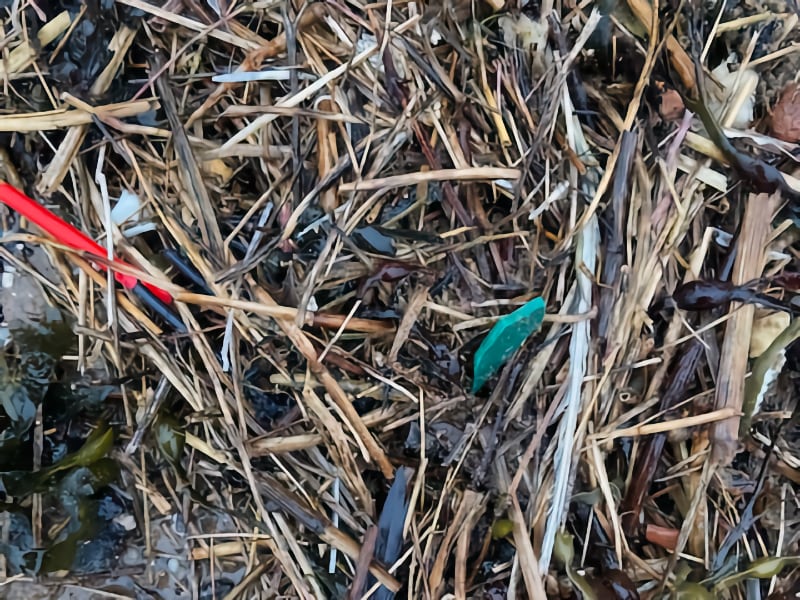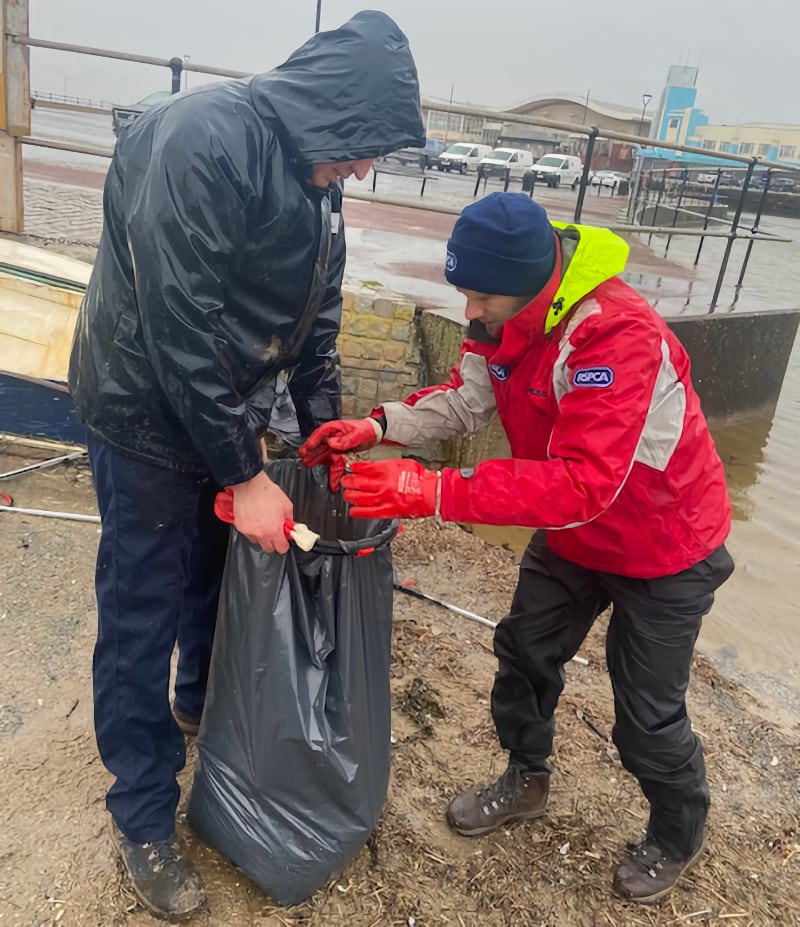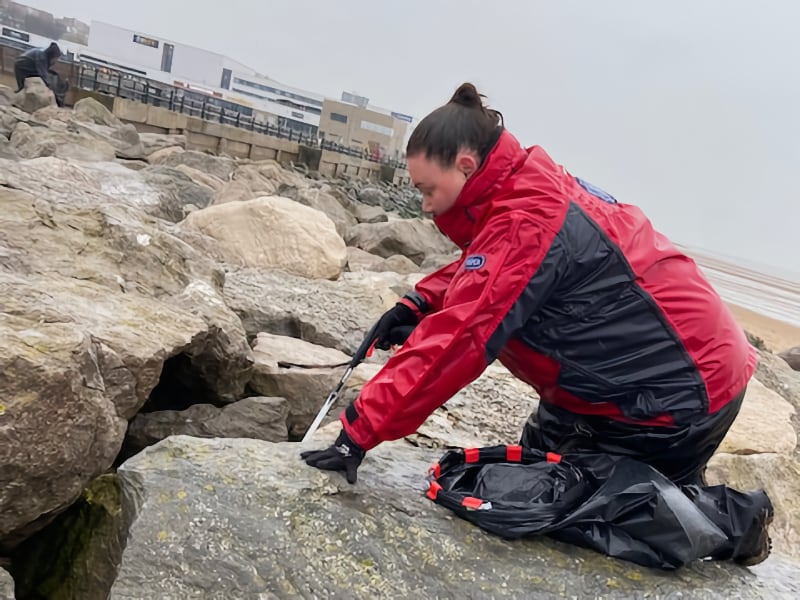No matter the time of year, getting out into the great outdoors is good for the soul and the health and well-being benefits are immeasurable.
When walking and being present in nature our senses come alive, we hear birds, breath in the air and enjoy the familiar smell of the seasons. As we walk we take in the beauty around us, whether a crocus growing out of a crack in the pavement on a busy street, or a wild vista.
But for many of us getting out and about there is one issue that we cannot help but notice, litter, it feels like it is everywhere.
Litter is man-made waste that has been discarded, whether it be a plastic bag or a tin can. It is a problem because it can cause harm to wildlife and the environment. Over the last three years, the RSPCA has responded to over 10,000 reports of litter incidents impacting our precious wildlife.

Litter can have a devastating impact on all types of wildlife on the land and in the sea.
Ingestion: Animals may eat litter that looks like food, such as plastic, bags or balloons. This can cause them to choke or die from starvation. Plastic bags and other types of trash are often mistaken for food by seabirds and fish and when these animals eat the plastic instead of real food, they’re likely to experience digestive problems leading ultimately to death by starvation or infection from toxins within their bodies due to chemical breakdown over time.
Entanglement: Litter-like fishing nets and lines can entangle animals, trapping them in one place for days or even months until they die of starvation or are killed by predators.
For our RSPCA inspectors, litter incidents keep them busy throughout the year.
This is why each year the RSPCA, along with The Outdoor Guide and other like-minded organisations roll up their sleeves and get involved in Keep Britain Tidy’s, Great British Spring Clean.
The Great British Spring Clean is a mass volunteer movement which raises awareness about the impact of litter and mobilises communities to pick litter in their local areas.

The Outdoor Guide encourages walkers to pick as they go, no matter the time of year you can buy your own reusable litter bag and head out in your local area, so you can become a #LitterHero too.
As part of the Great British Spring Clean, Anthony Joynes, RSPCA inspector, arranged a litter pick in his North West inspectorate area. Anthony recalled the times he had been assigned to New Brighton beach on the Wirral to rescue sea birds entangled in discarded fishing lines.
He said “The people here love their coastal location in the northeast corner of the Wirral and many do their very best to keep it in tip-top condition, but more often than not they too see how local wildlife is being impacted by carelessly discarded litter and call us to come and assist”
But what about the incidents that go unseen? Very often when wildlife is unwell or injured they retreat and hide and sadly, will go unnoticed.
This is why the inspectorate team and others working within the RSPCA believe it is important to do their part to prevent litter casualties.
“We spent three hours on the beach that day collecting bottles, polystyrene food containers and cans to name a few but what really hit home was the number of micro-plastics. When we looked closely, within natural beach debris of seaweed and shed feathers it was there in its masses brightly coloured and clear”.
“This is the litter we are blind to and don’t easily see, it’s been in our environment for so long that it’s now mere fragments, tiny particles polluting our oceans and infecting the food chain”.
Our wildlife is at risk, it’s depleting and litter is really not helping, but it does not have to be that way.
There are simple things that we can do every day to help our wildlife, improve the environment and protect their habitats.
Some of this advice is as simple as don’t drop litter and picking it up whenever you can but there’s also advice for specific types of litter and their disposal which would also help our environment and wildlife tremendously.

Vapes
Disposable vapes may seem like a less harmful alternative to smoking, but their impact on the environment is significant when they’re left on the ground. To reduce the negative impacts of vapes, it is important to dispose of them properly at household recycling centres where they can be safely recycled, not in normal waste bins.
